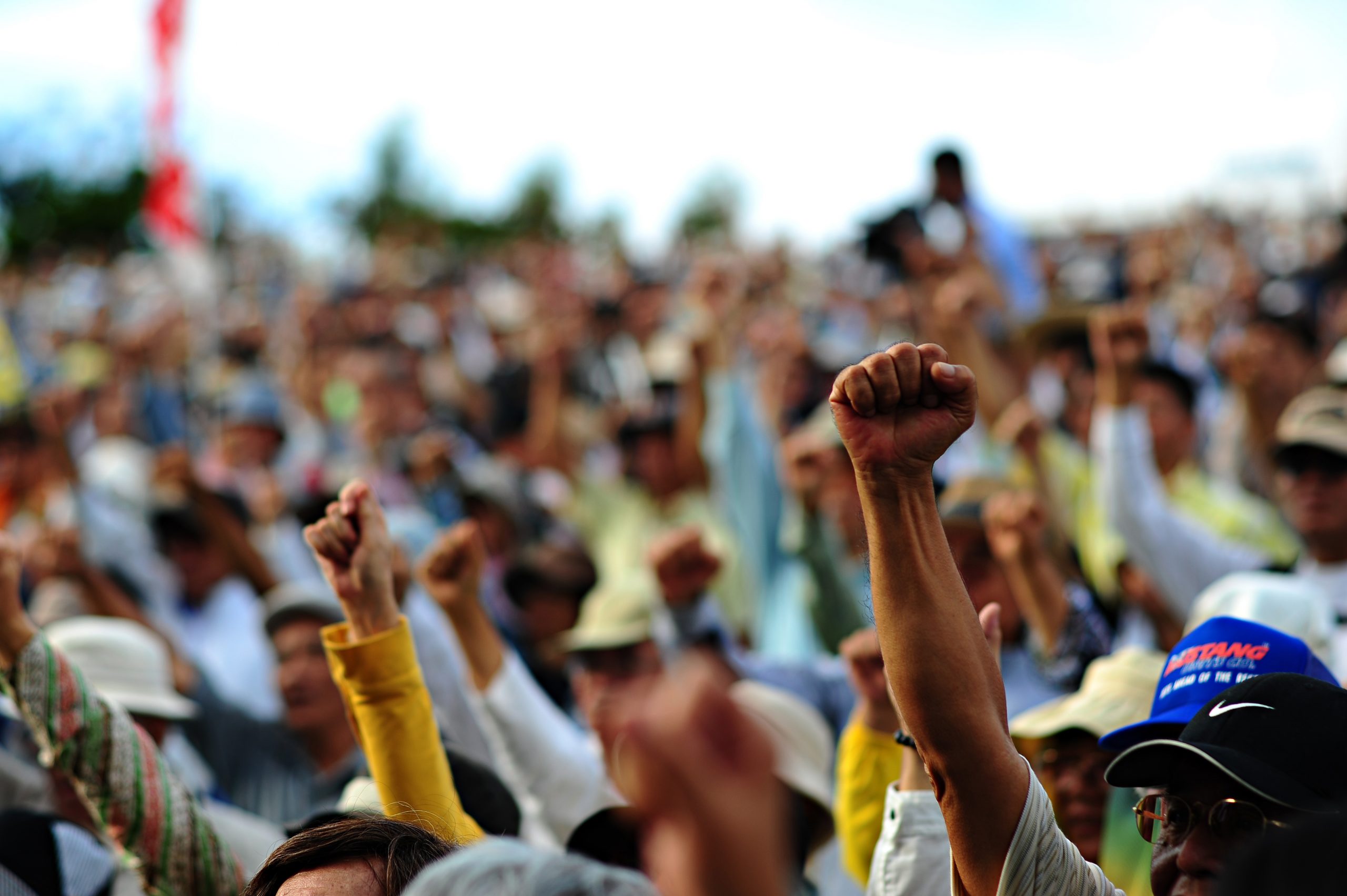Numerous social and political movements and their messages in Asia, notably in Thailand and Hong Kong, have moved beyond the respective countries’ borders as a result of foreign co-option. These movements, having local origins and local final goals, are looked at by powerful foreign governments as sites for exerting influence, and imposing/preaching principles or values. While extrapolation of local issues to issues of larger scale is common in politics and international rivalries, it can lead to the drowning out and suppression of the original problems and voices. This is further complicated when protest movements approve of this very extrapolation.
Thailand has undergone a period of civil and political unrest in recent years and months, with protest movements, led largely by young people, aiming for increased democratization of the country, particularly as it relates to the Thai crown and the lèse-majesté law there. In a past article, a Thai national named Itt Vanich was interviewed by the author. Itt mentioned during the interview, as a side-note from the subject matter of that article, that there was essentially proxy fighting between the U.S. and China during the protests in Thailand. He noted that both sides of “the protests (for democracy or anti-monarchy) [are] also fueled by foreign influences from the US, and it’s just more [of a] geopolitics thing because the current [Thai] government is more pro-China than pro-US.” Indeed, earlier this month, this geopolitical influence was exemplified by a resolution in the U.S. Senate which “urges Thailand’s government ‘to protect and uphold democracy, human rights, the rule of law, and rights to freedom of peaceful assembly and freedom of expression.’” While just a resolution, this is undoubtedly an example of the U.S. involving itself in the affairs of another country’s protests. According to the resolution, the motivations are to urge the Thai government to act in accordance with democratic values, and this in effect expresses the US government’s support for the protests. However, the article goes on to mention the U.S.’s concurrent motivation in walking the political line with China: “…Washington is moving to consolidate ties with allies and partners in an attempt to curb China’s influence in Thailand and other neighbouring countries.” While democracy building is of course admirable if it strives for equitable representation and improved human rights conditions in countries, using a social movement to capitalize on political complexities is misleading and detrimental to the movement.
The Chinese and Thai governments are also complicit in internationalizing protest movements in order to take advantage: “Bangkok’s detention and deportation at Beijing’s behest of Hong Kong pro-democracy activist Joshua Wong has cast an uncomfortable light on the state of Thailand-China relations.” This further turns the Hong Kong protests into an international conflict, one which mainland China does not approve of and intends on expressing to the international community its disdain for by cracking down on its protestors abroad.
Hong Kong has been embroiled in often violent protests and clashes with its police in recent times. In the United States, these protests have received significant coverage in the news and on social media sites like Reddit. Amid these protests, the US government affirmed its support for Hong Kong’s autonomy by passing “two bills (…) pertaining to Hong Kong: One involves an annual review of the city’s autonomy from China; the another bars the sale of munitions to Hong Kong police, such as tear gas and rubber bullets.” Hong Kong is in effect a proxy region for the United States to communicate with China and the rest of the international community its steadfast support for democracy. The details of the Hong Kong protests, including the original public frustration with the extradition bill, are no longer relevant as it is now an international debate about economic and political models.
These protests have, however, in some ways embodied this international attention and involvement. At some Hong Kong protest sites it is not uncommon to see protestors wielding American flags. Protest movements can often begin locally, and slowly acquire an international trajectory. This can be done through expanding the coverage of a protest in a way that protesters are made to feel that their voices are being heard. It also creates a debate about the environment that created the protests; this in Hong Kong being the issueof political autonomy, and in Thailand the issue of freedom of speech. The United States, known culturally around the world for being the voice of “freedom and democracy”, takes advantage of these protests in some regard as it knows it can use assisting protestors as a tool to delegitimize China or any rival state that endorses censorship or authoritarianism.
Setting definitions and rules for protests goes against their fundamental nature. Whether a protest stays local until it ultimately achieves its goal, or becomes international and starts a debate on a specific issue is irrelevant. However, powerful governments using these protests with the guise of enforcing their internal laws, or upholding their values, while really using them as a proxy for conflict with another foreign power, is problematic and misleading. Protests should manifest in whatever way the protestors deem appropriate, and even if outside support pours in, it should be genuine, narrow, strictly non-partisan and focused on the specific inspiration for the protests.

